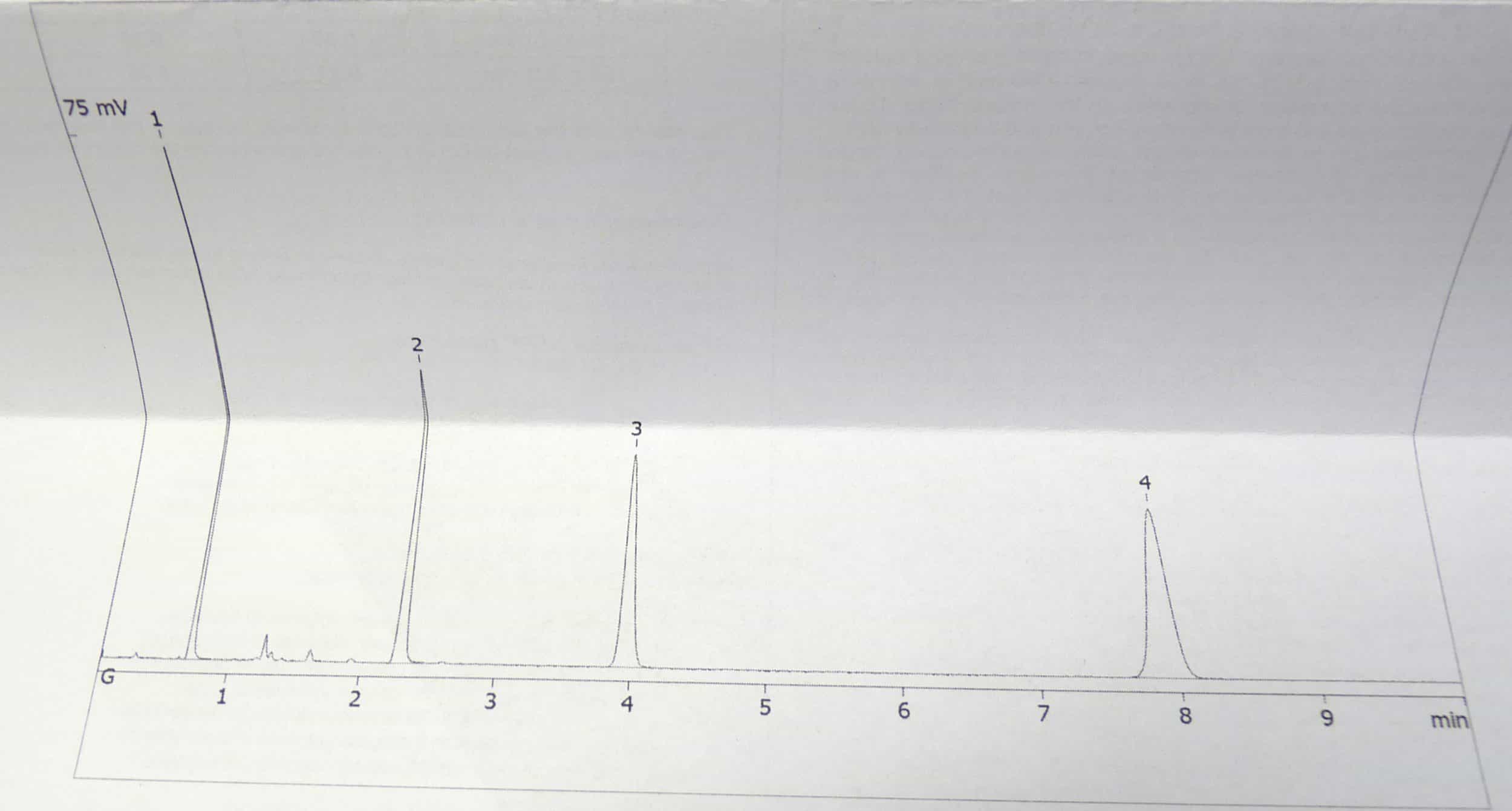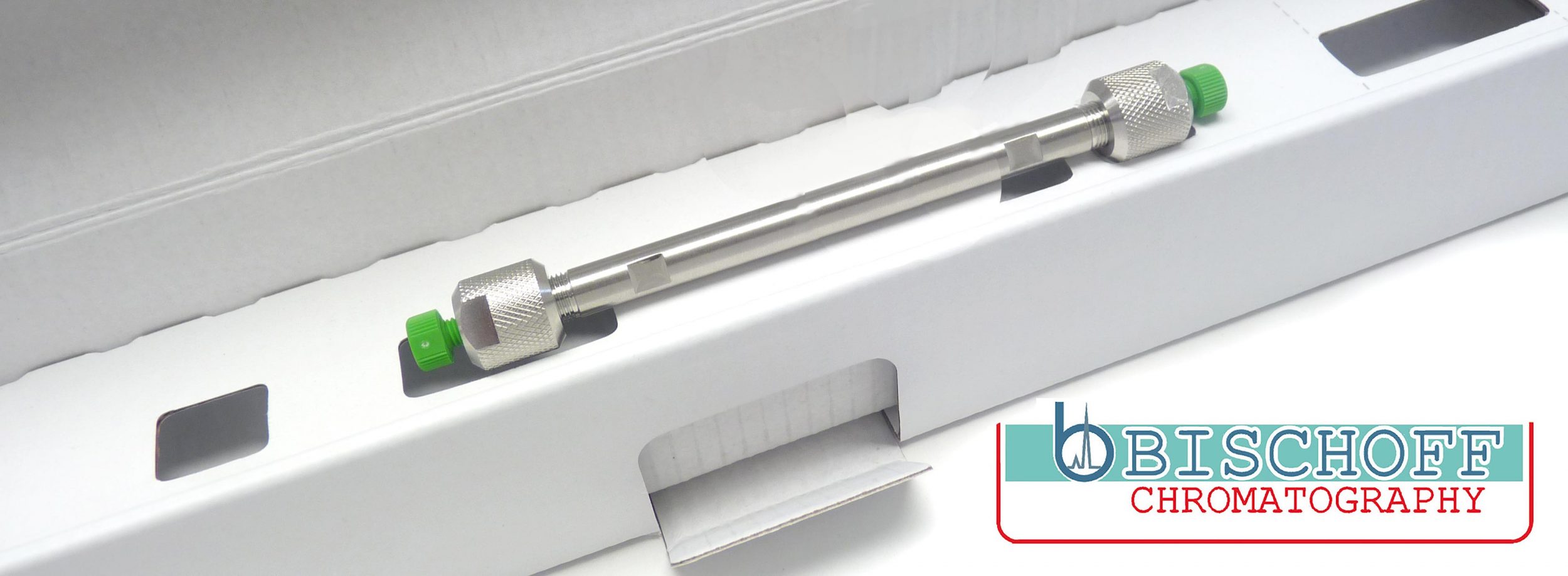
In HPLC chromatography, the column is where the separation of the sample takes place. This is where the sample is passed through the stationary phase with the mobile phase, resulting in the separation of the sample components.
As the sample being analysed is likely to vary in terms of its chemical and physical properties, therefore so should the method used to analyse it. Hence why there are multiple types of columns. This also goes for the stationary and mobile phases being used.
As columns are so important to the chromatography process, it’s important you use the right type of column for the correct use, otherwise it can lead to inaccurate results or even failed separation.
Normal phase columns are used when the stationary phase is more polar than the mobile phase.
For example, in normal phase chromatography, the polar stationary phase (also known as packing material) could be silica gel and the less polar mobile phase could be hexane, or another organic solvent.
This type of column is commonly used for samples with small molecules, like organic acids or pharmaceuticals. It can also be used for biomolecules, such as glycosylated proteins.

Reverse phase columns are used in reverse phase chromatography, when the stationary phase is less polar than the mobile phase. In other words, the reverse of normal phase chromatography.
Water is often used as the mobile phase and common stationary phases are acetonitrile, methanol, and tetrahydrofuran (THF).
This method is more widely used than normal phase chromatography, as it can be used for a wide range of analytical applications.
Column separation is slightly different in ion exchange chromatography. Instead of relying on polarity alone, this method uses charge to separate substances that can be easily ionised.
Typically, the stationary phase is an acid with either a positive or negative charge and the mobile phase is a polar aqueous buffer, like salt water.
In this type of column, separation occurs due to the attractive ionic forces between the molecules in the sample and the charged stationary phase. Each of the sample components will have a different level of attraction to the charged stationary phase, causing the components to separate at different rates as it passes through the column.
This method is usually used to separate carbohydrates, amino acids and proteins.
 (Bischoff HPLC column)
(Bischoff HPLC column)Size exclusion chromatography separates the sample using particle size.
It uses a porous stationary phase that only allows small particles into the pores, leaving the larger molecules to pass through the column faster. The pore size in the stationary phase determines the retention time and elution profile of each sample component, as each molecule diffuses into the pores to a different extent.
The stationary phase needs to have porous particles for size exclusion chromatography so molecular sieves (such as zeolites), polysaccharides and polymers (like a typical silica column) are most commonly used.
This technique is used to separate proteins and carbohydrates.
Bischoff are a world leading manufacturer of high-performance columns and liquid chromatography accessories.
They were founded in 1980 and since then have fine-tuned their products to ensure reliability and quality in every order.
At LC Services, we only work with brands we truly believe in to bring our customers the best possible chromatography equipment and parts.
Here’s just a few reasons why we recommend Bischoff:
If you need help choosing the right chromatography equipment for your needs, don’t hesitate to get in touch with our team.
We also offer tailored servicing and support plans that cover all your laboratory analytical equipment so you can be confident in the accuracy of your chromatography equipment at all times.
